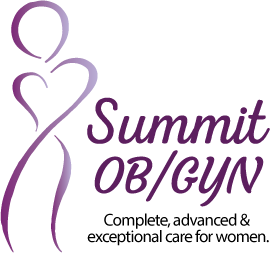Urinary Incontinence Treatment in Gillette, WY
No matter what type of urinary incontinence affects you, our specialists can help.
Urinary incontinence — which is defined as the accidental release of urine — is twice as common in women as men and more prevalent in older women. In fact, one-third of women over age 60 are estimated to have urinary incontinence. These are the primary types of urinary incontinence:
- Stress incontinence – When urine leakage occurs as a result of some action that puts pressure on the bladder, such as laughing, coughing, running or sneezing.
- Urge incontinence – Urine leakage that results from needing to urinate and being unable to reach the toilet in time.
- Overflow incontinence – When the bladder cannot completely empty, frequent dribbling can occur.
- Mixed incontinence – Displaying symptoms of more than one type of incontinence.
Identifying the source of your incontinence with board-certified expertise.
Urinary incontinence is actually a symptom. In order to treat your symptoms, we’ll need to identify their cause, which can include:
- Diuretics (including alcohol, caffeine and certain medications)
- Urinary tract infection
- Constipation
- Pregnancy
- Weakened pelvic floor muscles after childbirth
Advanced testing gives us the necessary information to end your embarrassment.
In order to treat your incontinence, we’ll need to pinpoint the cause of your condition by running a few important tests. Your doctor will start by carefully listening to your symptoms and asking you follow-up questions. He or she may then suggest one or more of the following:
- Urinalysis
- Bladder diary
- Post-void residual measurement
- Urodynamic testing
- Cystoscopy & cystography
- Pelvic ultrasound
The treatment and lifestyle guidance that’ll help relieve your discomfort.
Your treatment strategy will depend on the source of your incontinence. Often, controlling incontinence can be accomplished with lifestyle changes, such as:
- Limiting intake of caffeinated and fizzy drinks
- Keeping alcohol intake to one drink per day
- Adpoting a high-fiber diet
- Stopping smoking
- Maintaining a healthy weight
- Training the bladder, double voiding & scheduled voiding
- Performing pelvic-floor exercises (such as Kegel)
If these lifestyle changes don’t succeed, we offer many treatments — including surgery — to finally relieve your incontinence:
- Medical management (medications)
- Pessaries
- Sling procedures
- Bladder-neck suspension surgery
- Prolapse surgery/pelvic floor repair

